Zumosun Developed Mind to Developed India Work Engine
1. Approach:
The "Developed Mind to Developed India" approach focuses on harnessing the intellectual, emotional, and creative potential of individuals to drive national development. This approach envisions a transformation where the collective cognitive and emotional growth of the population contributes directly to the socio-economic and technological advancement of India. By fostering a culture of innovation, critical thinking, and ethical leadership, this approach aims to create a robust foundation for a developed nation.
Key Components:
- Education and Skill Development: Prioritizing education that fosters critical thinking, creativity, and problem-solving skills.
- Innovation and Research: Encouraging a culture of innovation and research that addresses national challenges and opportunities.
- Ethical Leadership: Developing leaders who are committed to the principles of equity, justice, and sustainability.
- National Integration: Promoting unity and collaboration across diverse communities and sectors to achieve common national goals.
2. Concept:
The concept of "Developed Mind to Developed India" is built on the premise that the development of a nation is intrinsically linked to the development of its people's minds. This concept emphasizes the importance of nurturing a population that is not only educated but also emotionally intelligent, socially responsible, and innovative. The transition from a developed mind to a developed India involves scaling individual growth to a national level, where the collective intellectual and emotional capacities contribute to the country's progress.
Key Elements:
- Nation-Building Through Education: Creating an education system that goes beyond rote learning to cultivate critical thinking and innovation.
- Collective Growth: Ensuring that development is inclusive, benefiting all sections of society.
- Sustainable Development: Focusing on long-term strategies that balance economic growth with environmental and social sustainability.
- Civic Responsibility: Encouraging citizens to actively participate in the democratic process and contribute to national development.
3. Strategy and Planning:
Strategy: The strategy for "Developed Mind to Developed India" involves a multi-layered approach that integrates education, innovation, leadership, and civic responsibility to drive national development. Key strategic elements include:
- Education Reform: Overhauling the education system to prioritize critical thinking, creativity, and problem-solving.
- Innovation Ecosystem: Building an ecosystem that supports research, innovation, and entrepreneurship.
- Leadership Development: Creating programs that develop ethical and visionary leaders across all sectors.
- Civic Engagement: Promoting active participation in democratic processes and community development.
Planning: Planning for "Developed Mind to Developed India" involves setting clear milestones and initiatives across different sectors to ensure coordinated and sustained development. This includes:
- Education Initiatives: Implementing reforms in primary, secondary, and higher education to foster a developed mind from an early age.
- Innovation Hubs: Establishing innovation hubs and research centers that focus on solving national challenges.
- Leadership Training: Offering leadership training programs that emphasize ethics, innovation, and national development.
- Community Development Programs: Launching programs that encourage civic participation and community-led development.
4. Methods and Principles:
Methods:
- Project-Based Learning: Integrating real-world projects into the education system to promote practical problem-solving and innovation.
- Collaborative Research: Encouraging collaboration between academia, industry, and government to drive research and innovation.
- Leadership Mentorship: Providing mentorship to emerging leaders in various sectors to guide them in ethical and visionary leadership.
- Participatory Governance: Involving citizens in decision-making processes at the local and national levels to ensure inclusive development.
Principles:
- Equity: Ensuring that development benefits all sections of society, with a focus on reducing inequality.
- Sustainability: Prioritizing long-term strategies that balance economic growth with environmental stewardship and social well-being.
- Innovation: Encouraging a culture of innovation that drives progress and addresses national challenges.
- Integrity: Promoting ethical leadership and governance to build trust and accountability in the development process.
5. Developed Mind to Developed India Law:
Legal Considerations:
- Educational Policies: Aligning the education system with national development goals through reforms and policies that promote critical thinking and innovation.
- Innovation Laws: Implementing legal frameworks that support research, innovation, and intellectual property rights.
- Leadership Accountability: Establishing laws and regulations that ensure transparency, accountability, and ethical conduct in leadership roles.
- Civic Participation: Enforcing laws that protect and encourage active citizen participation in governance and community development.
6. Advantages:
- Holistic Development: The approach ensures that development is inclusive, benefiting all sectors of society and addressing both economic and social challenges.
- Sustainable Progress: By focusing on education, innovation, and leadership, the approach promotes long-term, sustainable national development.
- Empowered Population: An educated and emotionally intelligent population is better equipped to contribute to national growth and address global challenges.
- Strong National Identity: The emphasis on civic responsibility and national integration fosters a strong sense of national identity and unity.
7. Disadvantages:
- Resource-Intensive: Implementing the approach requires significant investment in education, infrastructure, and human resources.
- Resistance to Change: Cultural and systemic resistance may hinder the implementation of education and governance reforms.
- Complex Implementation: Coordinating efforts across various sectors and regions can be challenging, requiring strong leadership and effective management.
- Long-Term Commitment: The approach requires sustained effort and commitment over a long period, which may be difficult to maintain in the face of political and economic challenges.
8. Required Resources and Sources:
- Educational Frameworks: Best practices and models for education reform that promote critical thinking and innovation.
- Research and Innovation Tools: Access to research facilities, funding, and partnerships that drive innovation.
- Leadership Development Programs: Resources for developing ethical and visionary leaders across all sectors.
- Civic Engagement Platforms: Tools and platforms that facilitate citizen participation in governance and community development.
9. Comparisons in Matrix Form:
A comparison matrix will be included to help readers understand how the Zumosun "Developed Mind to Developed India" Work Engine compares to other national development approaches. Key variables will include:
| Variable | Zumosun Developed Mind to Developed India | Traditional National Development Approaches |
| Scope | Holistic, Integrating Education, Innovation, and Leadership | Often Focused on Economic Growth Alone |
| Focus | Long-Term, Sustainable Development | Short-Term Economic Gains |
| Equity and Inclusion | Central, Ensuring Development Benefits All | Often Overlooked, Leading to Inequality |
| Innovation | High, Central to National Development | Variable, Often Secondary |
| Civic Engagement | Strong Emphasis on Participatory Governance | Often Minimal, Top-Down Governance |
| Outcome | Comprehensive, Sustained National Development | Variable, Often Limited to Economic Indicators |
10. Conclusion and Call to Action:
Conclusion: The "Developed Mind to Developed India" Work Engine by Zumosun offers a comprehensive and integrated approach to national development. By focusing on education, innovation, leadership, and civic engagement, this approach ensures that India can achieve sustainable, inclusive, and long-term development. However, successful implementation requires careful planning, significant resource allocation, and a commitment to the principles of equity, sustainability, and innovation.
Call to Action:
- Adopt the Developed Mind to Developed India Approach: Encourage policymakers, educators, and leaders to embrace this holistic approach to national development.
- Leverage Zumosun's Resources: Provide information on available tools, frameworks, and consulting services to support the development process.
- Engage in Civic Participation: Empower citizens to actively participate in the democratic process and contribute to national development.
- Invest in Education and Innovation: Emphasize the importance of investing in education and innovation to drive long-term national progress.
This detailed outline ensures that the Zumosun "Developed Mind to Developed India" Work Engine is presented as a practical and effective guide for transforming India into a developed nation through the collective intellectual and emotional growth of its people.
About The Author:-
Prakash Chand Sharma, a multi-talented leader, defies labels. He's a pioneer of "The Doctorate of Growth & Success" and the Work Engine Network. Sharma seamlessly blends expertise in engineering, law, finance, and business.
His academic background (visiting professor) combined with engineering, legal practice, and tax consultancy experience showcases his intellectual depth. Over a decade of entrepreneurship across various sectors, coupled with leadership positions in multiple companies, has honed his strategic vision.
This unique blend positions Sharma as a transformative leader and a sought-after mentor. His visionary leadership has driven the success of the Zumosun Group, a diversified conglomerate. His dedication to growth extends beyond business with his innovative "The Do.GS" concept.
Follow On:-
1. https://www.linkedin.com/in/eng-adv-ca-d-prakash-chand-sharma-26586143/
2. https://www.facebook.com/er.adv.ca.prakash.chandsharma.35
No reviews found.





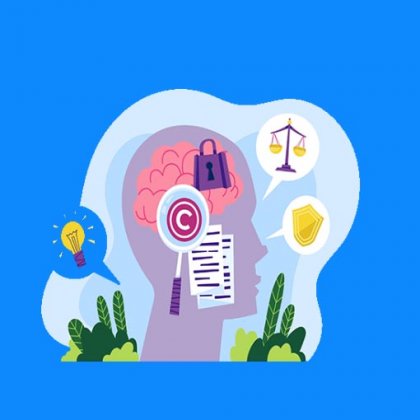


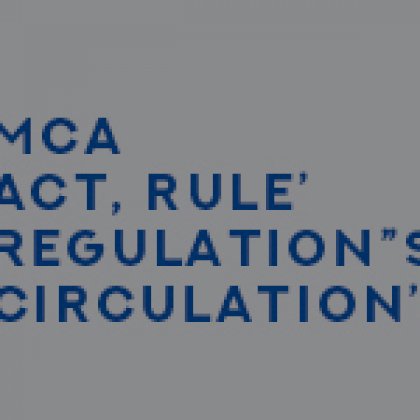






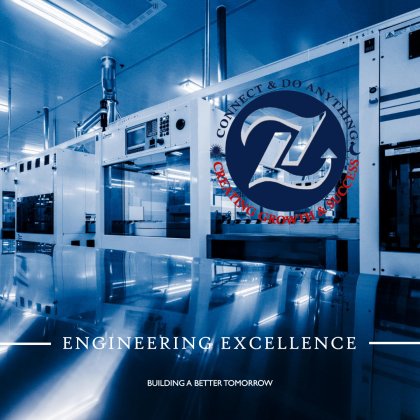





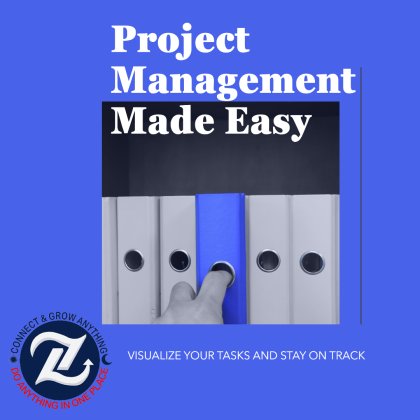















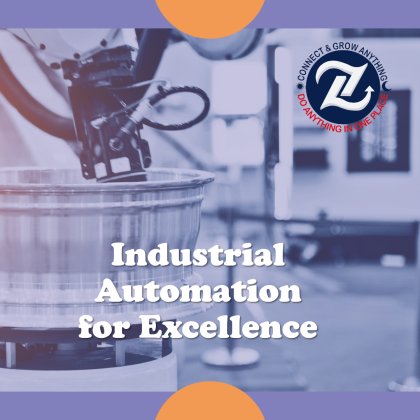
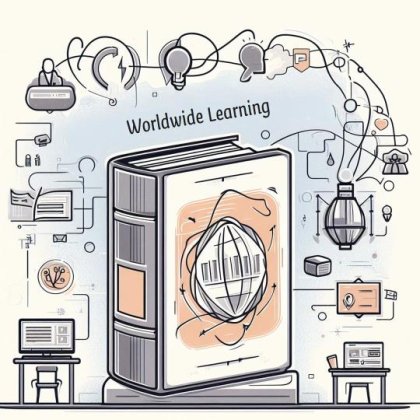

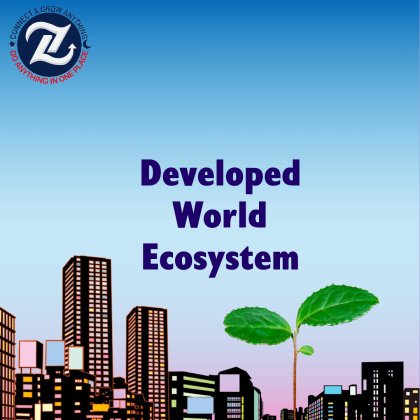
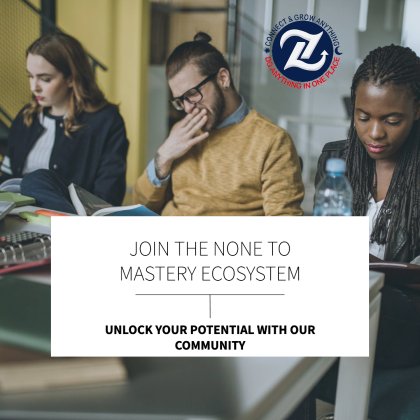
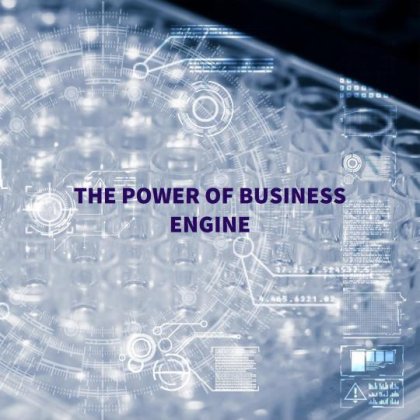

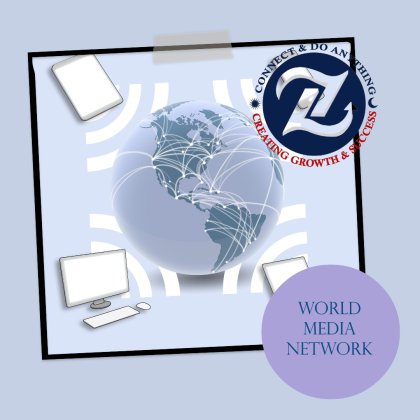
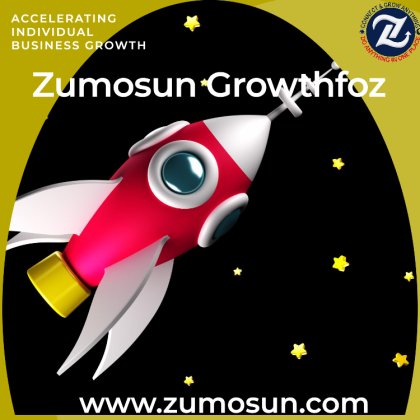

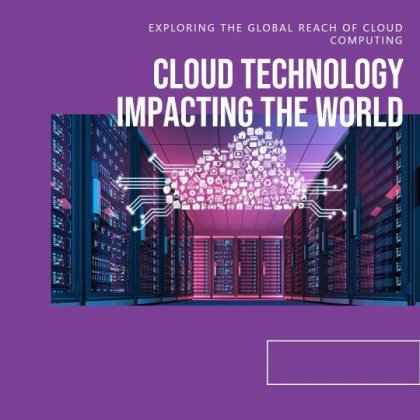
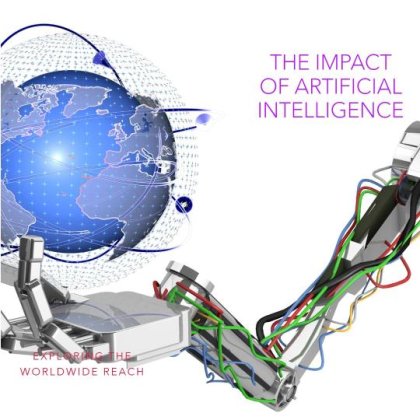









No comments found for this product. Be the first to comment!